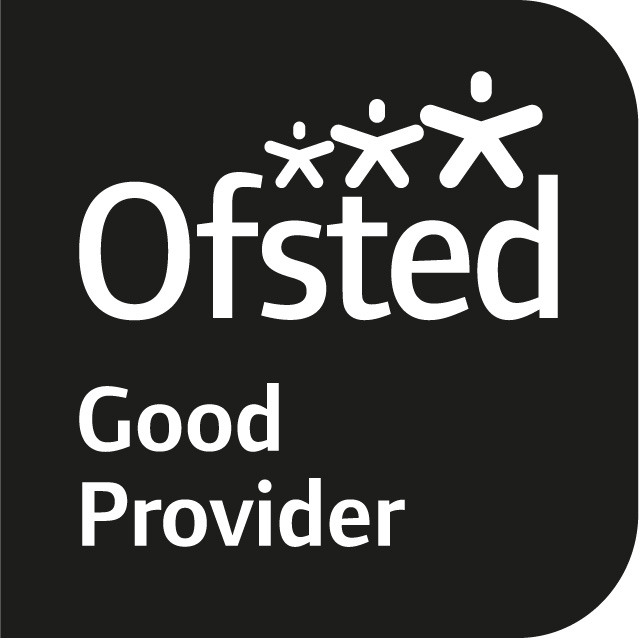
Course may be subject to change.
If you are interested in studying A Levels at New College Durham please just complete one application form and you will be able to choose your subjects once you have had your interview. You do not need to apply for each of the subjects you are interested.
This challenging and enjoyable course is for those with a dedicated enthusiasm for reading and the desire to engage in the study of a range of poetry, drama and prose.
You will explore, analyse and evaluate a variety of texts and gain a deeper understanding of the history and changing traditions of literature in English. You will study texts covering prose, poetry and drama, as well as studying contrasts, connections and comparisons between different literary texts. You will become aware of the significance and influence of the contexts in which literary texts are written and understood.
Entry Criteria
You will hold a minimum of 5 GCSEs at 9 to 4 (A* to C) which must include maths at grade 4 or above and English language at grade 5 or above as well as English literature at grade 6 or above.
Additional Costs
Students will be expected to purchase coursework text books for a total price of approximately £30.00.
What are the next steps?
You will meet with a course tutor; please bring a copy of your GCSE grades or predicted GCSE grades.
Study Aims
The aim of this course is to encourage and develop your interest, enthusiasm and enjoyment of literature and literary studies. You will read a wide range of texts from diverse literary periods and different genres, studying the historical and social influences behind each selected text.
You will develop skills of critical close analysis, explore connections and comparisons between literary texts and how themes and issues are presented in different literary texts. An understanding of the significance of contexts in which texts are written and received will be developed, and the importance of the meanings made by other readers will be covered. The AS Level is assessed by examination - the full A-Level includes a 20% coursework component.
Modules Studied
Year 1:
- Drama & Poetry - You will study contemporary poetry, all written in the last ten years and early modern drama, by exploring the play Doctor Faustus.
- Prose - This unit focuses on studying the novel, specifically Gothic fiction, focusing on Dracula and The Picture of Dorian Gray.
Year 2:
- Drama - Early Modern Drama & Shakespearean comedy; specifically, the studied material from year 1 on Doctor Faustus will be reassessed to award the full A-Level alongside an assessment focused on Shakespeare. The studied Shakespeare text is A Midsummer Night's Dream.
- Prose - This is a reassessment of the prose exam from year 1 with identical content, reassessed to award the full A-Level.
- Poetry - This unit will focus on assessing student’s understanding of poetry. This is achieved by studying Romantic poetry and the work of John Keats. Students will study a range of poems by a single author.
- Coursework - This unit focuses on two texts in comparison, where you will choose your own content and question. You can write on any canonical text of your choosing, and with tutorial support will design your own question, to produce a 2500-3000 word essay. This coursework carries 20% of the overall A-Level grade and previous text choices have included, The Handmaid’s Tale, The Bell Jar, The War of the Worlds, Brave New World, Never Let Me Go and The Road.
Teaching and Assessment
You will be taught by lecturers who are specialists in their subjects. Teaching is classroom based and involves group work and individual work. Independent study is essential outside of the classroom and frequent homework will be given.
You will sit monthly in-class assessment for which you will receive extensive feedback, as well as other assessments throughout the academic year, which will help you track your progress.
Course work in year 2 will carry 20% of the overall marks. Terminal exams will be in May/June.
As a facilitating subject, A-Level English Literature is valued by all universities for its capacity to develop critical thinking skills, essay writing ability and independent approaches to learning and understanding.
As such, it opens up career opportunities in most fields, including, but not limited to, publishing, screen writing, journalism, law, media industries including film making and marketing and public relations/business.


